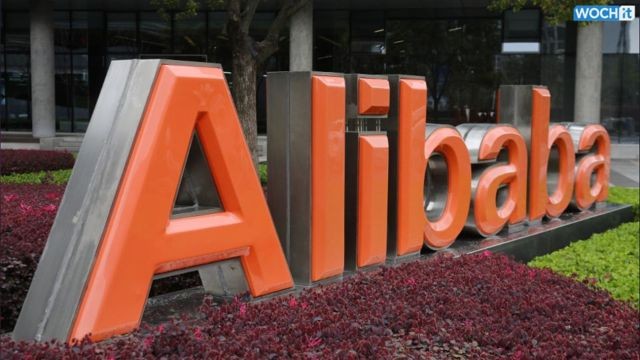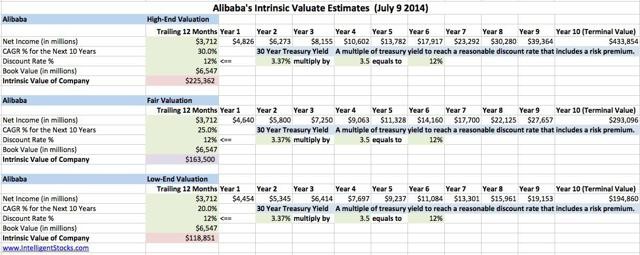Alibaba IPO analysis To buy or not to buy
Post on: 6 Июнь, 2015 No Comment

Alibaba Group chairman Jack Ma delivers a speech during the Softbank World 2014 annual forum in Tokyo on July 15. Alibaba, whose flagship site, Taobao, holds more than 90% of Chinas online consumer-to-consumer market, is preparing for a multibillion-dollar stock offer on the New York Stock Exchange that could rival Facebooks flotation. (Photo: Yoshikazu Tsuno, AFP/Getty Images)
SAN FRANCISCO — For investors who trust a business model, management team and corporate structure that were made in China, it’s hard not to recommend Alibaba shares as a long-term holding.
The company’s growth prospects, potential market size and profitability are that attractive.
Late Monday, Alibaba raised the maximum offer price of its IPO shares to $68, up from $66 previously, as professional money managers clamored for its shares.
Yet buying the shares of fundamentally strong companies soon after they hit the public market is fraught with the risk of short-term losses for retail investors, as those who bought Facebook in May 2012 discovered. At the current top end of its IPO range, Alibaba will have a market value of more than $170 billion.
2C330 /%
AMERICA'S MARKETS
Secret reason Amazon should fear Alibaba
Alibaba’s partnership structure and China’s laws against independent foreign ownership virtually guarantee U.S. shareholders will have little to no power to effect changes in the company’s management for years to come.
Any individuals who tend to sell at the first sign of a volatile drop, therefore, may well want to see what professional money managers do with their IPO allotments before putting up their hard-earned cash for Alibaba shares.
Perhaps the biggest risk with Alibaba’s massive offering is the same as that for Facebook’s two years ago: the large amount of IPO selling being done by Alibaba insiders. Just over 61% of the expected proceeds from the upcoming offering will go to company executives and early investors, including U.S. Internet giant Yahoo and Japan’s SoftBank, as insiders are selling 197 million shares in aggregate.
Less than 40% will go into the company’s coffers, according to Alibaba’s latest IPO filing, as the firm itself is selling 123 million. As it now stands, that’s an even larger percentage of the total IPO value going to insiders than occurred during Facebook’s offering, where the company collected 43% of the proceeds.
At $68 a share, the Alibaba offering will raise $8.4 billion for the Chinese firm and $13.4 billion for insiders. As with Facebook, Alibaba is selling only a small fraction of its total equity, as the company had more than 2.3 billion shares outstanding as of June 30.

USA TODAY
Alibaba ups IPO share price to $66-$68 range
The IPO strategy of selling a tiny slice and making it hard to get does what the investment bankers behind any new offering design it to do: squeeze as much buying demand as possible out of the market and thereby raise the largest amount possible for the company’s shares. By that measure, the Facebook IPO was wildly successful, as it valued the company at $100 billion.
That’s true even though the IPO price soon proved unsustainable, inflicting steep paper losses on those who bought at that level. Investors who remained patient, meanwhile — either by waiting to get in or holding through the subsequent sell-off — have made big money.
A lot of stock market research has shown that insiders time their share sales much better than public investors do. Facebook shares were cut in half within four months of its IPO, while Twitter shares lost 30% within six months.
This week, Alibaba insiders are selling in a massive offering that will value the company at almost twice the value of Facebook’s IPO valuation.
So those wanting to buy Alibaba in the near term should probably do a gut check this week and ask how much tolerance they have for paper losses. The recent history of big Internet offerings suggests those are coming for Alibaba shares in the months ahead.
John Shinal has covered tech and financial markets for more than 15 years at Bloomberg, BusinessWeek,The San Francisco Chronicle, Dow Jones MarketWatch, Wall Street Journal Digital Network and others. Follow him on Twitter: @johnshinal.














